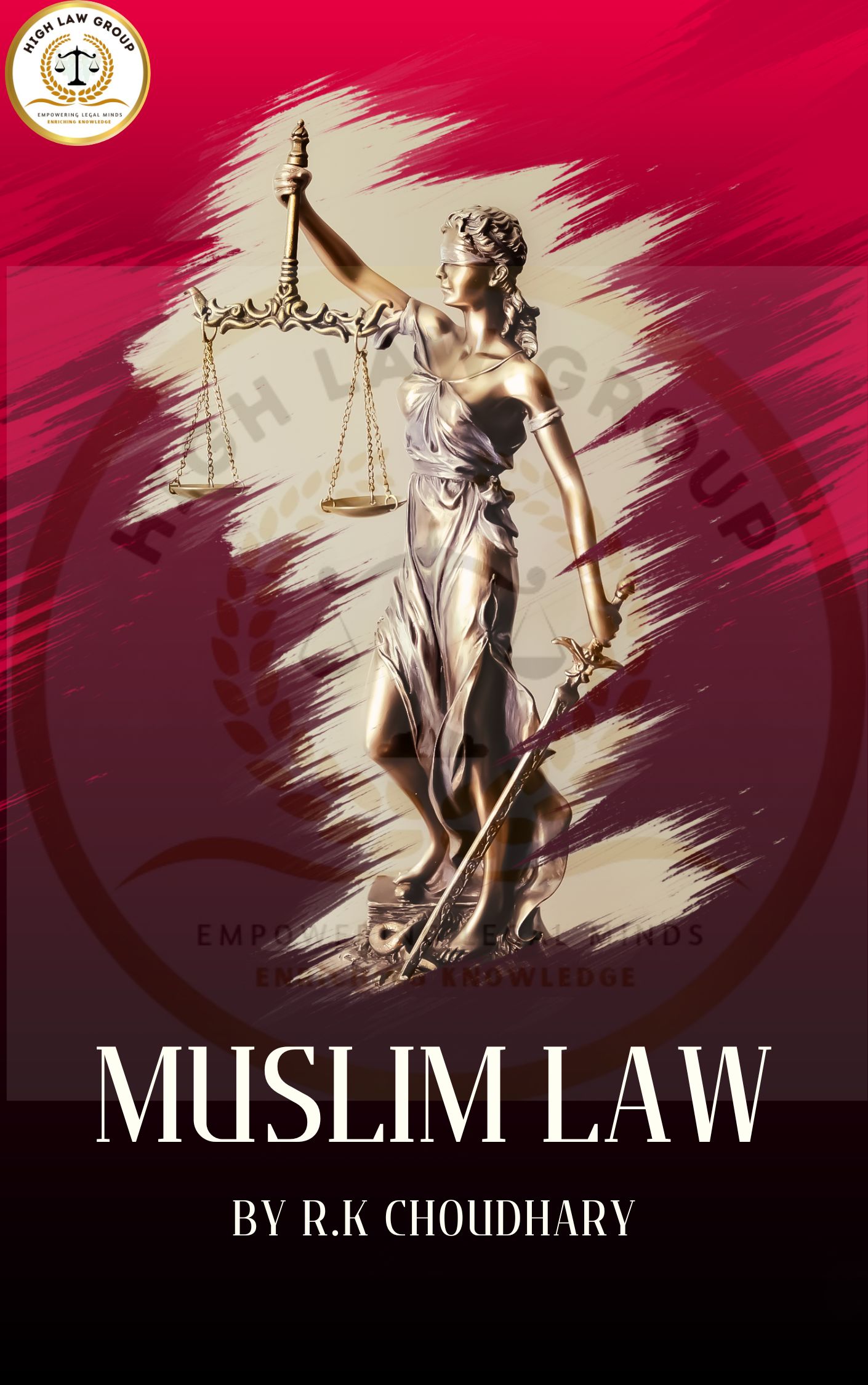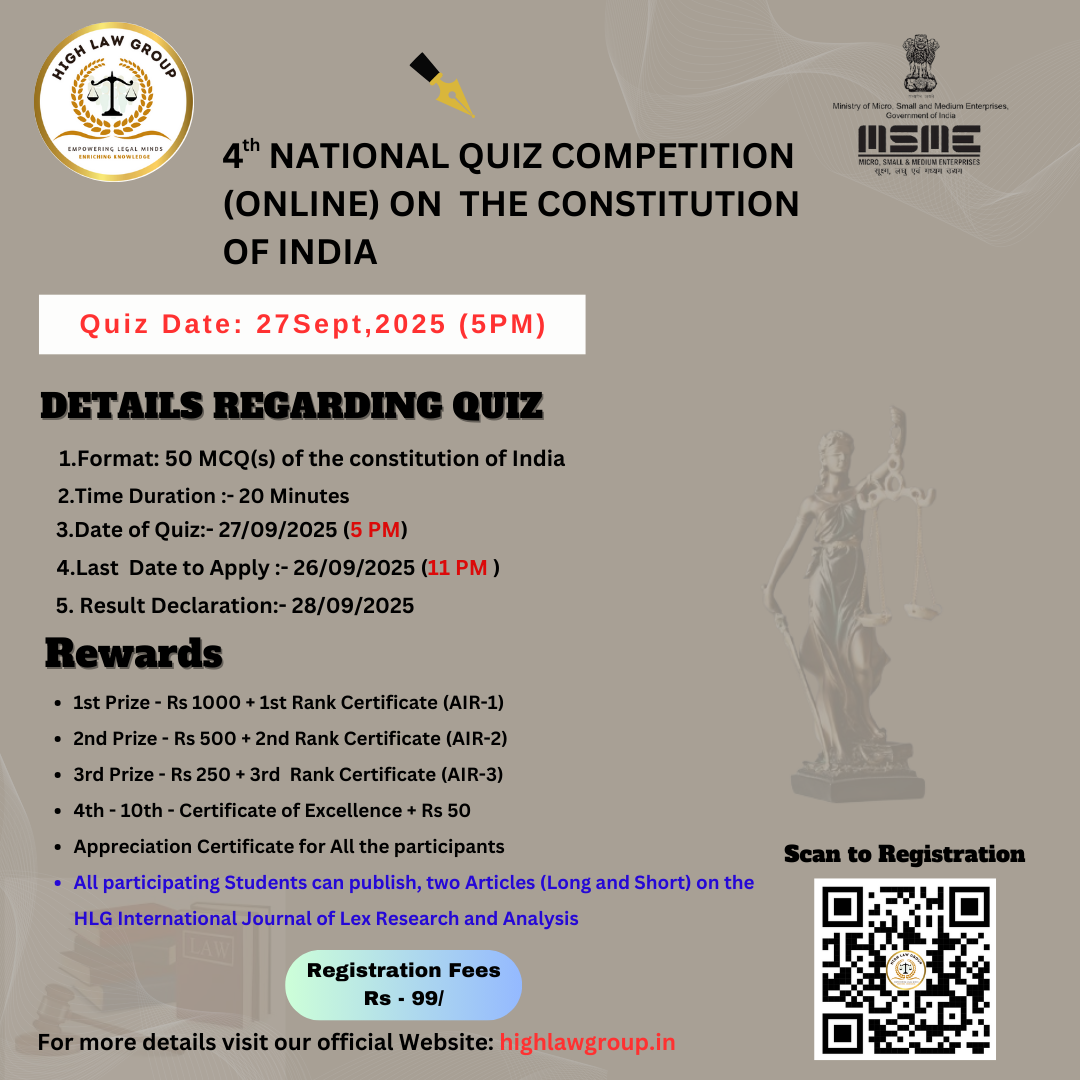
Primary sources:-
(1) Quran
The word Quran is derived from the Arabic word ‘Qurra’ which means to read. it was revealed to profit Mohammed through the angel Gabriel for the benefit of mankind. The Quran in its present book is divided into 114 Chapters and 6666 verses. The verses of the Quran are called ‘Ayat’ and the chapter of this holy book is called.
The Quran was over two periods:-
(1) Meccan [ deal with philosophy of life and Islamic religion]
(2) Medinan [it is deal with legal principles]
The word of the Quran is divine. it can not be amended, revised or modified by any institution or human agency. The sacred book has been translated into a number of languages
(2) Ijma:-
Ijma is a consensus among Muslim jurists on a particular legal issue.
Ijma has been defined by Sir Abdula Rahim:- Ijma is an agreement of the jurists among the followers of the prophet Mohammad in a particular age on a particular question of law.
There are three types of Ijma:-
(a) ijma of companions:- it was the opinion of companions of the Prophet. It was considered to be most reliable.
(b) Ijma of jurist:- It was a unanimous decision of jurists in the absence of Ijma of companions
(c) Ijma of people:- It was formed by the majority of Muslims by establishing the rule of law by general agreement.
(3) Sunna( Ahadis):-
Sunna or Ahadis means traditions of the prophet which supplement the Quran.
It is the model behaviours’ of the prophet. The narrations of “what” the prophet said did or tacitly allowed” are called Hadis. or traditions.
Quran supplemented by Sunna framed the whole body of Mohammadan law
– Civil Criminal and religious.
Sunna consists of:-
(a) Sunnat-ul-Qual (saying of the prophet)
(b) Sunnat-ul -fail (The doings or prophet of behaviours)
(c) Sunnat-ul-Taqrir (The things done in his presence without his disapproval)
(4) Qiyas:-
Qiyas is the fourth primary source of Islamic law, in the Arabic language qiyas means ‘measurement ‘ it means analogical reasoning.
Qiyas is known for measuring equality, and the weight of something.
there are no clear authorities of Qiyas in the Quran. however many jurists have provided several proofs from the Quran and Sunna.
Qiyas was a method of comparing the problems of society. with a similar problem for which solution. was given in the tax.
Secondary/extraneous

(1 ) custom:– customs are practices that people follow continuously for a long period it is followed for as long as it obtains the status of law in some cases.
In the case Abdul Hussein vs Sona Dero, the court observed that customs will prevail over old written text of law if it is ancient and invariable
(2) judicial decision:- the decision of the privy council, the supreme court; the high court of India becomes a source of law for the subordinate and Muslim law is no exception to this judicial practice.
In the absence of any text of Muslim law, then the court may interpret a rule of law, rules of law, rules of justice equity and good conscience.
(3) Legislation:- Muslim law is not codified, but parliament has made some laws to regulate Islamic practices, Some important enactments on Muslim personal law are:-
(a) The Musselman Waqf Validating Act 1913
(b) The Muslim Personal Law Application Act 1937
(c) Muslim Women (Protection of Rights on Divorce Act 1986 )
(d) Muslim Women Protection on Rights of Marriage Act 2019







Leave a Reply